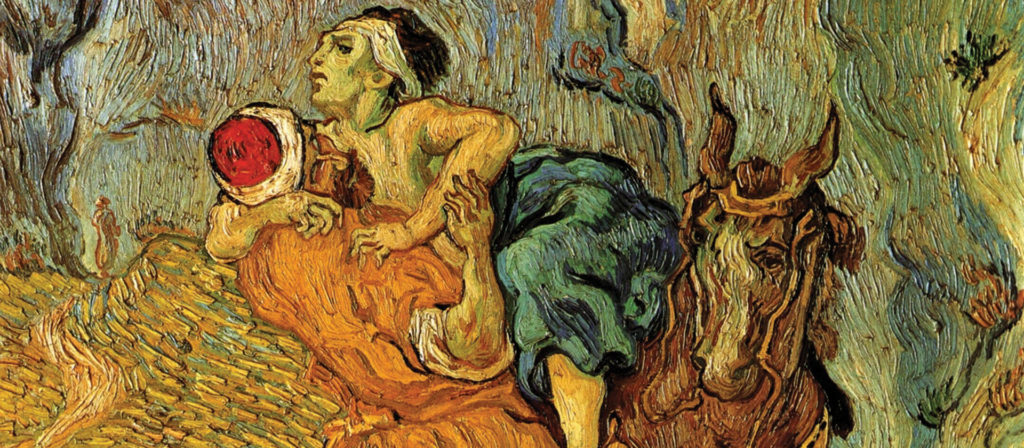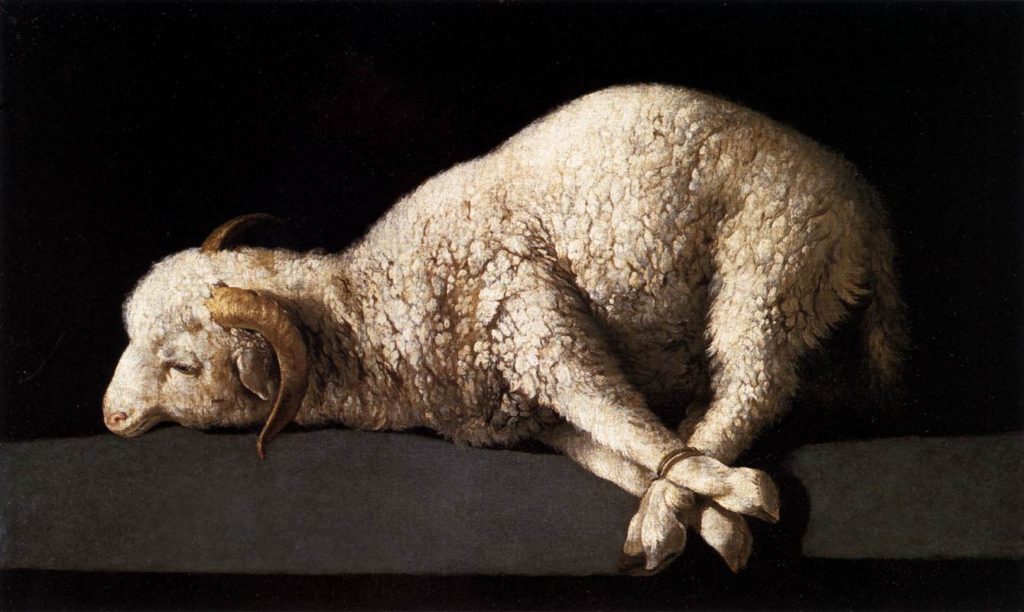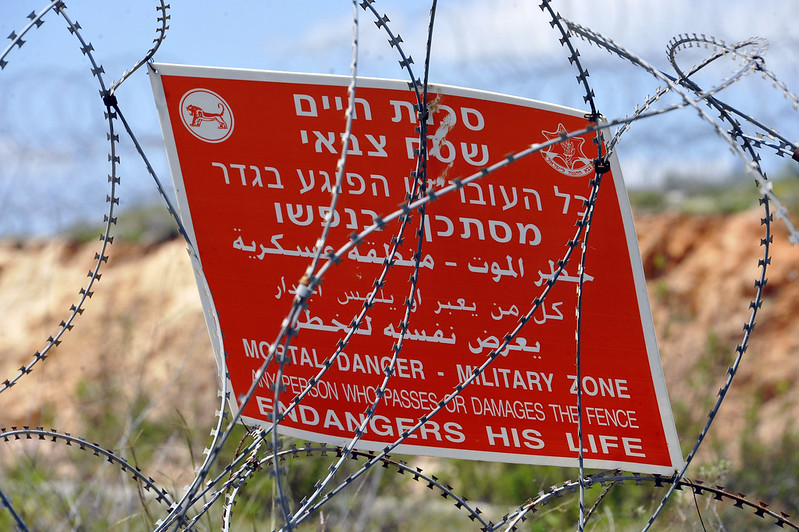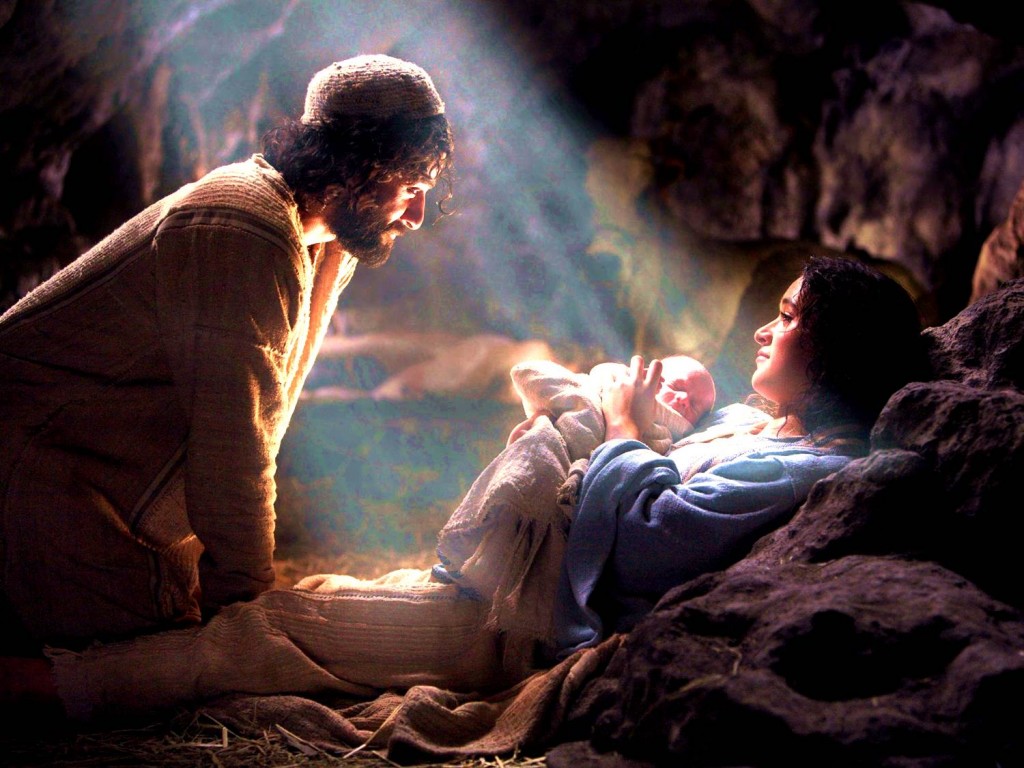
“On the evening of that first day of the week, when the disciples were together, with the doors locked for fear of the Jewish leaders, Jesus came and stood among them and said, “Peace be with you!” 20 After he said this, he showed them his hands and side. The disciples were overjoyed when they saw the Lord.21 Again Jesus said, “Peace be with you! As the Father has sent me, I am sending you.” 22 And with that he breathed on them and said, “Receive the Holy Spirit. 23 If you forgive anyone’s sins, their sins are forgiven; if you do not forgive them, they are not forgiven.” (John 20:19-23)
What poses the greatest threat to the work of any Christian ministry involved in a contested field or controversial subject? I believe the answer is in John 20:19. Most versions translate the sentence as “fear of the Jews”. A few like the NIV translate the sentence “fear of the Jewish leaders” which is probably more accurate. How might we apply that today? I believe we are mistaken if we focus on the “who” instead of the “what”. Then what is it? Look at the text again. It was not the Jews, or the Jewish leaders. What does the text say? It was fear. Why do I say that? Well look at the context. What do the preceding verses say?
Continue reading








